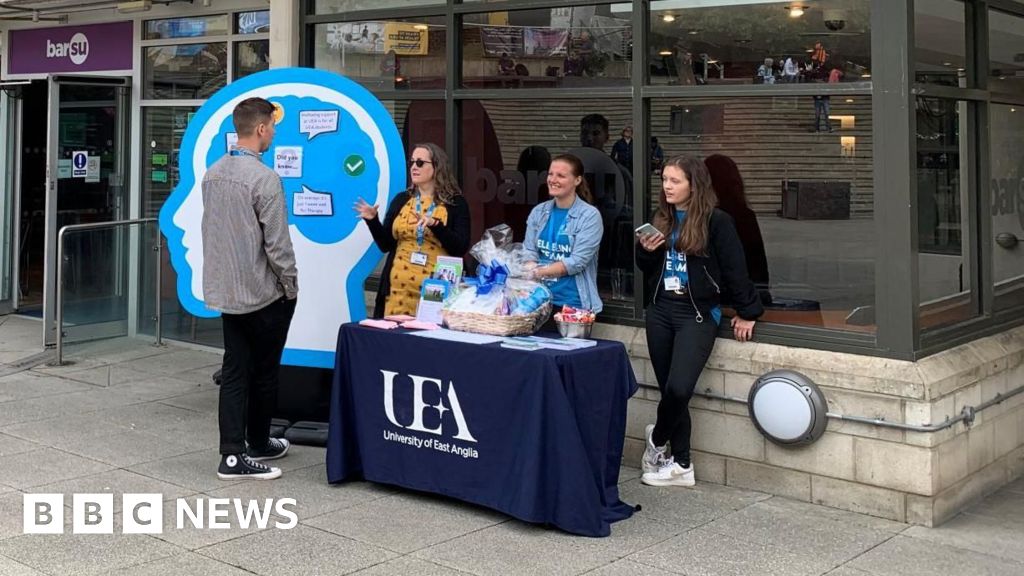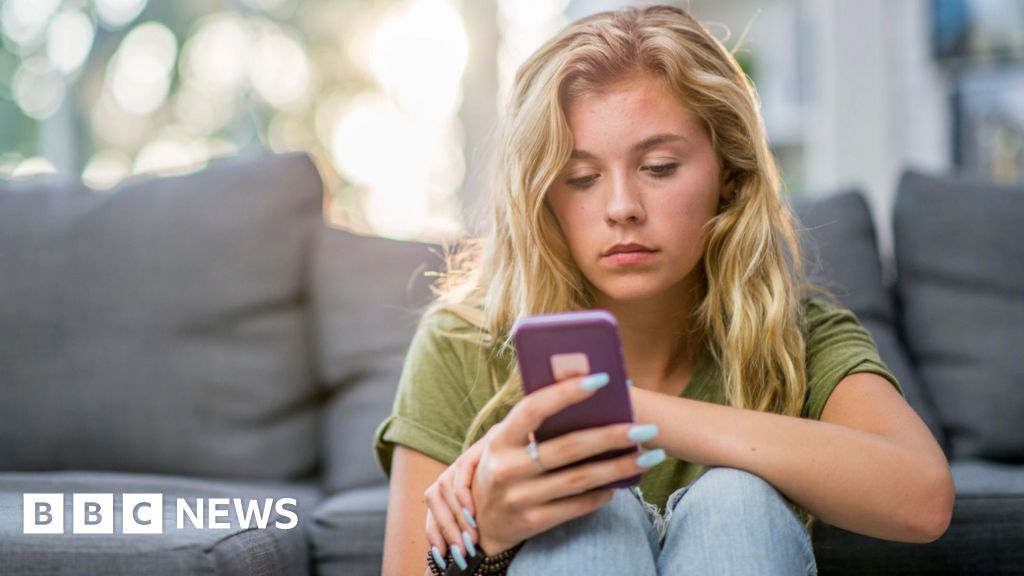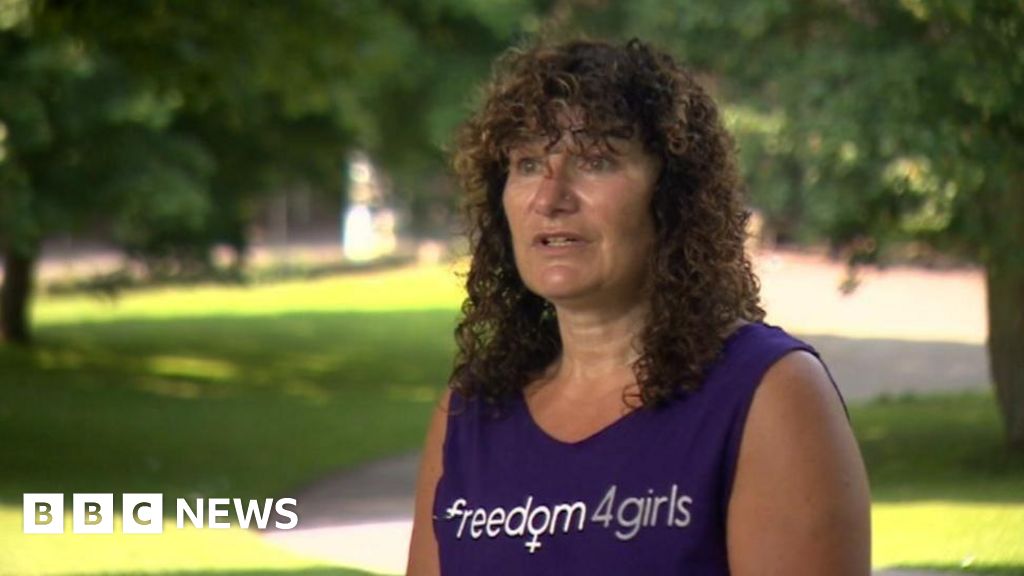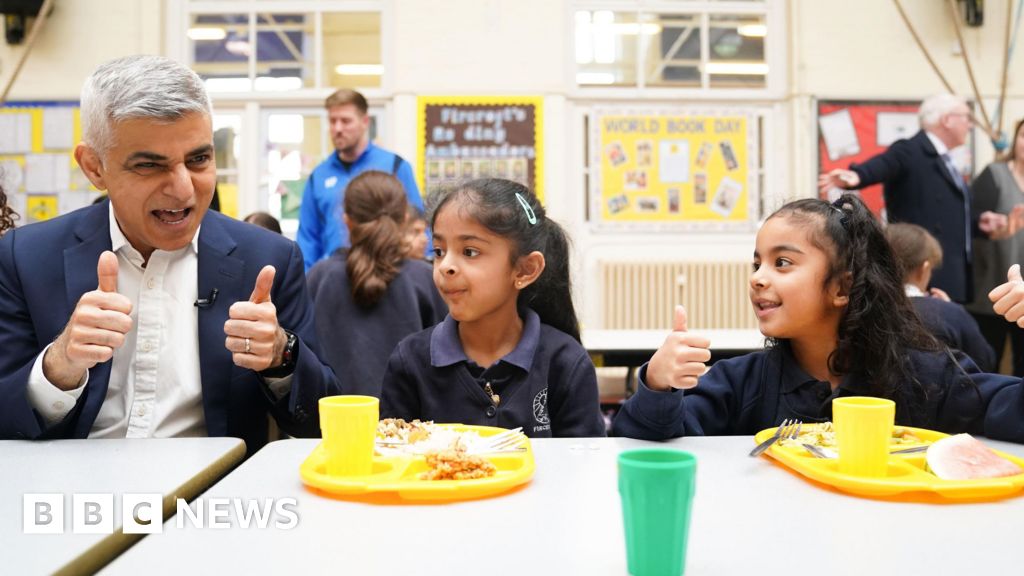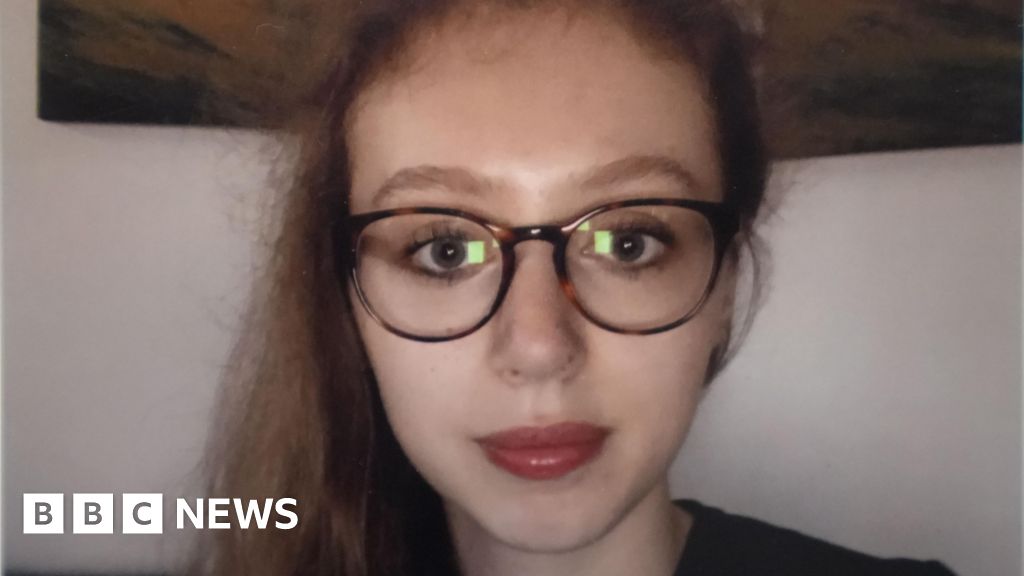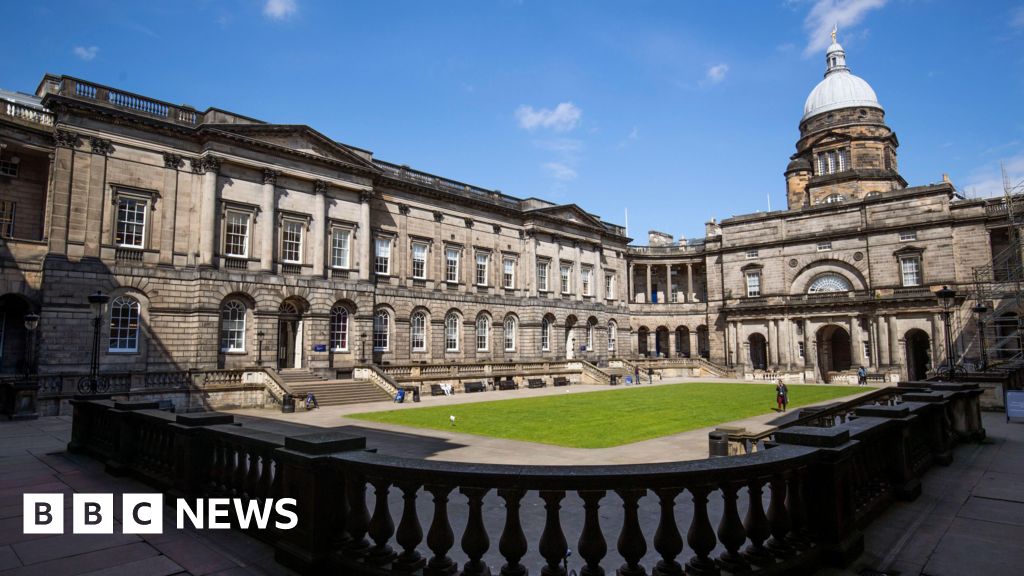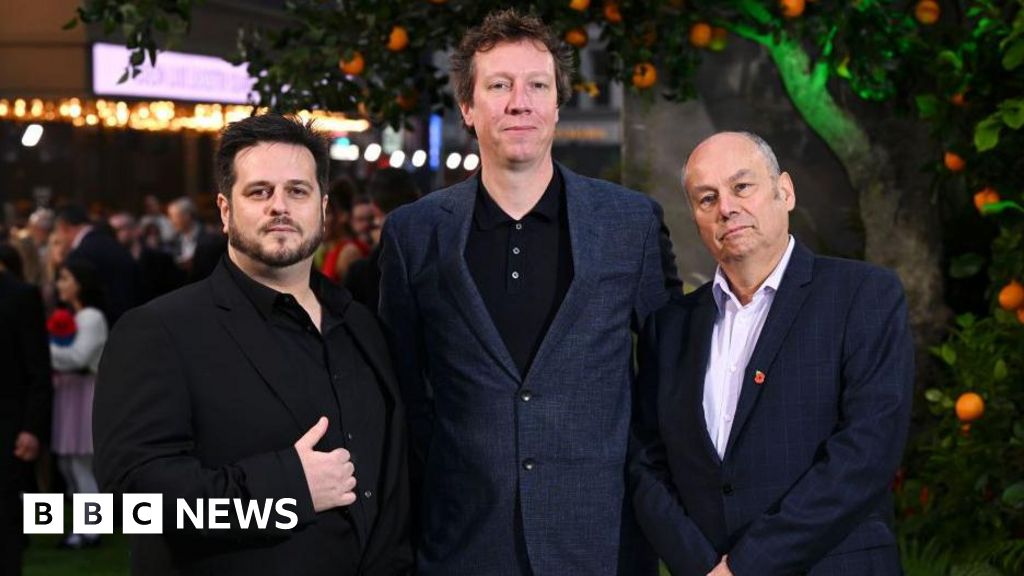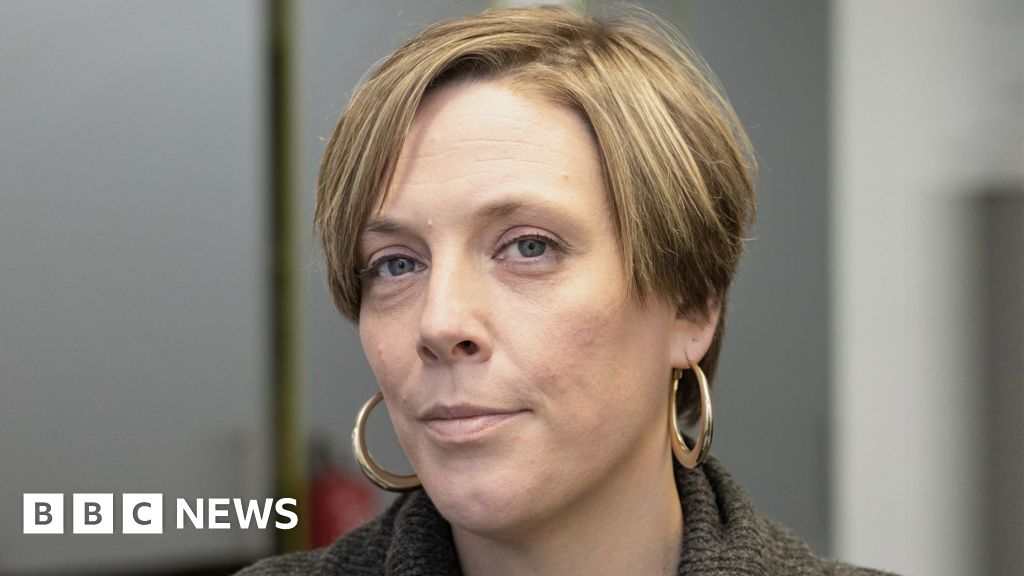
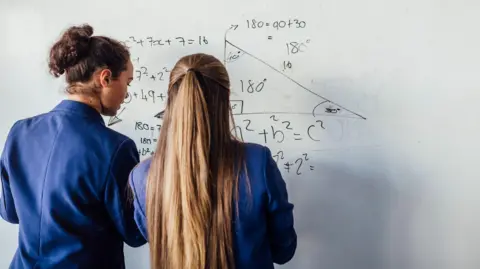 Getty Images
Getty Images
Sir Keir Starmer has said some children with special education needs will be exempt from his plans to add tax to private school fees if Labour wins the general election.
The party said it would use the money raised to recruit extra teachers for state schools and fund more childcare.
What are private schools and how many are there?
Private schools, sometimes called independent schools, charge fees for most of their students.
While some famous schools like Eton and Harrow charge about £50,000 a year, the average across the UK is about £15,000.
Private schools do not have to charge value added tax (VAT) on their fees because of a legal exemption for organisations providing education.
About half of England's private schools are also charities, so receive an 80% reduction on business rates (taxes on properties used for commercial purposes).
There are about 2,500 private schools in the UK, educating about 7% of all pupils, including about 570,000 in England.
They have more freedom than government-funded state schools, so do not have to follow the national curriculum, for example.
Some local authorities pay for children with special educational needs (SEND) to attend private schools.
How would Labour tax private schools?
The Labour Party manifesto pledges to end private schools' VAT exemption and business rate relief. It does not say it will remove their charitable status.
The Institute for Fiscal Studies (IFS) think tank calculates that Labour's policy would raise about £1.6bn per year, generating an extra £1.3-1.5bn to spend after the estimated cost of accommodating children switching from private to state education.
That could allow a 2% increase in state school spending in England.
The removal of the VAT exemption on private schools would be UK-wide, but education is devolved, so each nation's government would decide how to spend the additional money.
In England, Labour has pledged to recruit 6,500 new teachers.
Sir Keir has also confirmed that children with legally-binding education health care plans (EHCPs) who are in fee-paying schools because of a shortage of provision in the state sector, would be exempt from the VAT increase.
However, former Conservative education minister Claire Coutinho said Labour had “no plans” for the thousands of SEND children without EHCPs who are currently taught in private schools.
What would happen to fees and would private school attendance fall?
Removing the exemption does not necessarily mean fees would go up by the standard 20% VAT rate.
The IFS suggests that private schools' VAT rate would be closer to 15%, because they will still be able to deduct the VAT they pay when buying goods and services.
All private schools are different, and some may decide to put up their fees more than others.
It is likely that private school attendance would fall as a result of the change, but it is difficult to know by how much.
The average cost of private school fees has risen by 20% in real terms since 2010, and by 55% since 2003, without VAT, the IFS says. However, the proportion of children being privately-educated over the period has not fallen.
The IFS suggests there could be a small initial drop-off in numbers.
Over a longer period, though, it estimates private school attendance could fall by between 3% and 7%, or 20,000 to 40,000 pupils. This represents a small share of the total pupil population, which is more than nine million in England alone.
However, the impact on private school attendance is unlikely to be spread evenly, with a steeper fall in some schools than others.
The Independent Schools Council (ISC), which represents more than 1,400 private schools, believes the policy may see the closure of smaller institutions, which "operate on tight margins".
It also warned that the policy could make private schools "more exclusive", cutting their number of fee-reducing bursaries.
What would the plans mean for state schools?
Sir Keir Starmer and shadow education secretary Bridget Phillipson have both denied the policy would increase class sizes in state schools, after the party's shadow attorney general Emily Thornberry suggested that could be necessary in the short-term.
They point to the same IFS research, which says it would be possible for the state sector to "easily accommodate extra pupils", because overall pupil numbers are set to fall by 700,000 between now and 2030. This is larger than the total number of children currently attending private schools.
However, pupil numbers are not falling by the same amount everywhere, so some state schools could face pressure on class sizes.
Teaching unions have already warned of a crisis in teacher recruitment and retention, driven by pay and workload.
The ISC says private schools are currently "filling in gaps in state provision" which is "under an awful lot of pressure".
What have the other political parties said about private school taxation?
As well Ms Coutinho's comments about the effect on children with special education needs, Conservative leader Rishi Sunak has said that he disagrees with Labour's plans.
"People who work hard and aspire to provide that education for their kids should have that freedom," he said. He previously said the policy was part of a "class war" to "punish" aspirational parents.
Lib Dem leader Ed Davey said he has "never thought in principle that VAT should be applied to education".
Reform UK said it would give private schools tax relief of 20% and put no VAT on fees, to "incentivise" parents to choose independent schools. It says this will "significantly ease pressure on state schools and improve education for all".
The Green Party promises to remove private schools' charitable status.



 5 months ago
27
5 months ago
27


